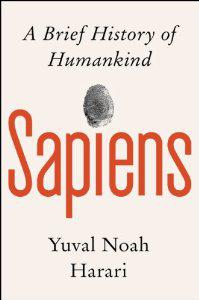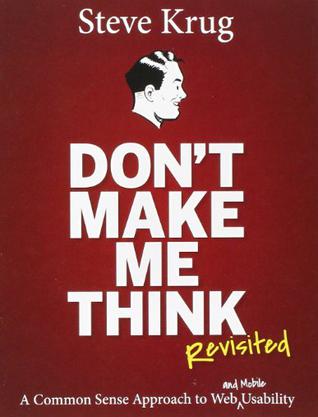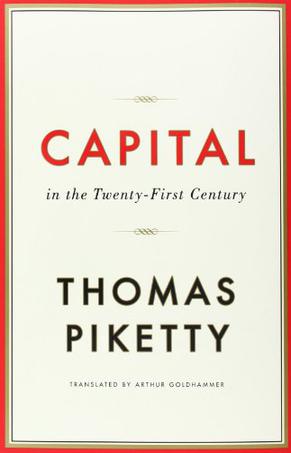-

Go Set a Watchman
An historic literary event: the publication of a newly discovered novel, the earliest known work from Harper Lee, the beloved, bestselling author of the Pulitzer Prize-winning classic, To Kill a Mockingbird. Originally written in the mid-1950s, Go Set a Watchman was the novel Harper Lee first submitted to her publishers before To Kill a Mockingbird. Assumed to have been lost, the manuscript was discovered in late 2014. Go Set a Watchman features many of the characters from To Kill a Mockingbird some twenty years later. Returning home to Maycomb to visit her father, Jean Louise Finch—Scout—struggles with issues both personal and political, involving Atticus, society, and the small Alabama town that shaped her. Exploring how the characters from To Kill a Mockingbird are adjusting to the turbulent events transforming mid-1950s America, Go Set a Watchman casts a fascinating new light on Harper Lee’s enduring classic. Moving, funny and compelling, it stands as a magnificent novel in its own right. -

Sapiens: A Brief History of Humankind
100,000 years ago, at least six human species inhabited the earth. Today there is just one. Us. Homo sapiens. How did our species succeed in the battle for dominance? Why did our foraging ancestors come together to create cities and kingdoms? How did we come to believe in gods, nations and human rights; to trust money, books and laws; and to be enslaved by bureaucracy, timetables and consumerism? And what will our world be like in the millennia to come? In Sapiens, Dr Yuval Noah Harari spans the whole of human history, from the very first humans to walk the earth to the radical - and sometimes devastating - breakthroughs of the Cognitive, Agricultural and Scientific Revolutions. Drawing on insights from biology, anthropology, palaeontology and economics, he explores how the currents of history have shaped our human societies, the animals and plants around us, and even our personalities. Have we become happier as history has unfolded? Can we ever free our behaviour from the heritage of our ancestors? And what, if anything, can we do to influence the course of the centuries to come? Bold, wide-ranging and provocative, Sapiens challenges everything we thought we knew about being human: our thoughts, our actions, our power ... and our future. -

Don't Make Me Think, Revisited
Since Don’t Make Me Think was first published in 2000, hundreds of thousands of Web designers and developers have relied on usability guru Steve Krug’s guide to help them understand the principles of intuitive navigation and information design. Witty, commonsensical, and eminently practical, it’s one of the best-loved and most recommended books on the subject. Now Steve returns with fresh perspective to reexamine the principles that made Don’t Make Me Think a classic–with updated examples and a new chapter on mobile usability. And it’s still short, profusely illustrated…and best of all–fun to read. If you’ve read it before, you’ll rediscover what made Don’t Make Me Think so essential to Web designers and developers around the world. If you’ve never read it, you’ll see why so many people have said it should be required reading for anyone working on Web sites. “After reading it over a couple of hours and putting its ideas to work for the past five years, I can say it has done more to improve my abilities as a Web designer than any other book.” –Jeffrey Zeldman, author of Designing with Web Standards -

Capital in the Twenty-First Century
What are the grand dynamics that drive the accumulation and distribution of capital? Questions about the long-term evolution of inequality, the concentration of wealth, and the prospects for economic growth lie at the heart of political economy. But satisfactory answers have been hard to find for lack of adequate data and clear guiding theories. In Capital in the Twenty-First Century, Thomas Piketty analyzes a unique collection of data from twenty countries, ranging as far back as the eighteenth century, to uncover key economic and social patterns. His findings will transform debate and set the agenda for the next generation of thought about wealth and inequality. Piketty shows that modern economic growth and the diffusion of knowledge have allowed us to avoid inequalities on the apocalyptic scale predicted by Karl Marx. But we have not modified the deep structures of capital and inequality as much as we thought in the optimistic decades following World War II. The main driver of inequality—the tendency of returns on capital to exceed the rate of economic growth—today threatens to generate extreme inequalities that stir discontent and undermine democratic values. But economic trends are not acts of God. Political action has curbed dangerous inequalities in the past, Piketty says, and may do so again. A work of extraordinary ambition, originality, and rigor, Capital in the Twenty-First Century reorients our understanding of economic history and confronts us with sobering lessons for today. -

托马斯微积分(上册)
托马斯微积分(英文版),ISBN:9787040144246,作者:( )Ross L.Finney等著 -

微积分(上册)
《微积分》(上)(第5版)为海外优秀数学类教材系列丛书之一,从Thomson Learning出版公司引进,《微积分》(上)(第5版)2003年全球发行约40余万册,在美国,占领了50%-80%的微积分教材市场,其用户包括耶鲁大学等名牌院校及众多一般院校600多所。《微积分》(上)(第5版)历经多年教学实践检验,内容翔实,叙述准确、对每个重要专题,均用语言地、代数地、数值地、图像地予以陈述。作者及其助手花费了三年时间,在各种媒体中寻找了最能反映应用微积分的教学实例,并把它们编入了教材。因此,《微积分》(上)(第5版)例、习题贴近生活实际,能充分调动学生学习的兴趣,此外。《微积分》(上)(第5版)语言朴实、流畅.可读性强,比较适合非英语国家的学生阅读。值的一提的是,《微积分》(上)(第5版)较好地利用了科技。随书附赠两张CD-ROM,一张称为“感受微积分”,提供了一个实验环境,如同一个无声的老师,用探索、发现式的方法逐步引导学生分析并解决问题,还能链接到学习网站www.stewartcalculus.com。另一张称为“交直学习微积分”,包含有与微积分教学有关的视频与音频等。 强力推荐:Calculus: Early Transcendentals 英文原版火热发售